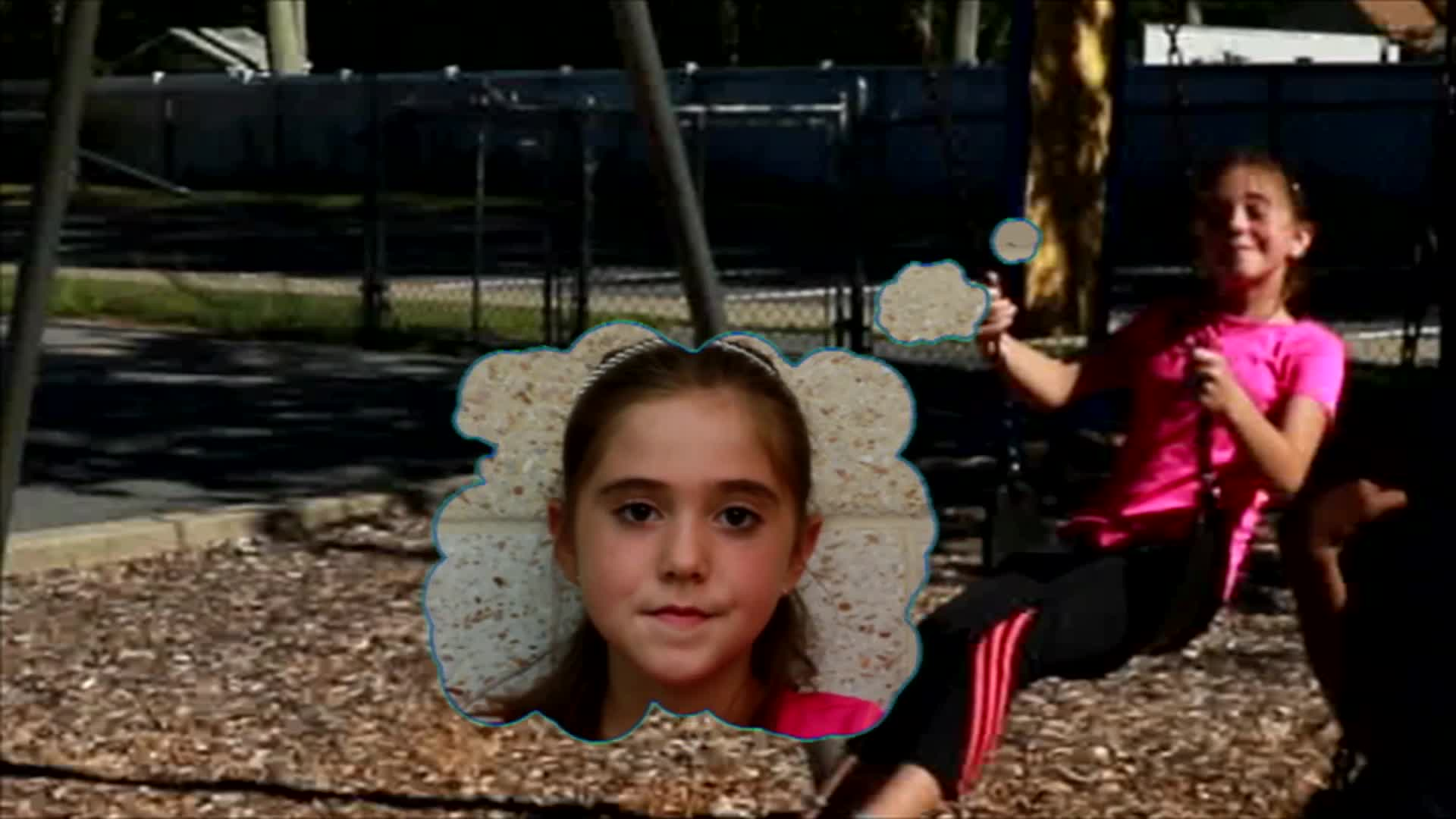
Introduction
Fairness is an essential skill for children to learn in order to build strong friendships and maintain a positive social environment. By understanding the importance of treating others as we would want to be treated, students can develop empathy, kindness, and a sense of responsibility. In this blog post, we will explore an engaging no-prep activity to teach the concept of fairness to elementary students, along with discussion questions, related skills, and next steps for further learning.
No-Prep Activity
This activity requires no preparation or materials from the educator and is designed to help students understand the concept of fairness through role-playing. Follow these simple steps to conduct the activity:
- Divide the students into small groups of 3 or 4.
- Ask each group to come up with a scenario where someone is treated unfairly, similar to the example provided in the prompt.
- Have the students act out the scenario, with one student portraying the person being treated unfairly.
- After the role-play, ask the group to discuss how the person being treated unfairly felt and how the situation could have been resolved in a fair manner.
- Encourage each group to share their scenario and resolution with the class.
This hands-on activity allows students to experience the emotions and consequences of unfair treatment and helps them to develop strategies for resolving conflicts fairly.
Discussion Questions
After completing the no-prep activity, use these discussion questions to stimulate further conversation and reflection among students:
- How did it feel to be treated unfairly in the role-play? How do you think you would feel in a real-life situation?
- What are some ways you can show fairness to your friends and classmates in your everyday interactions?
- Why is it important to treat others fairly, even if it means waiting your turn or compromising?
- Can you think of a time when you were treated unfairly? How did you handle the situation?
- How can we help others understand the importance of fairness and encourage them to treat people fairly?
Related Skills
Teaching fairness to students also helps them develop other essential social-emotional skills, such as:
- Empathy: Understanding and sharing the feelings of others.
- Respect: Treating others with consideration and valuing their opinions.
- Communication: Expressing thoughts and feelings effectively and listening to others.
- Conflict Resolution: Identifying and resolving disagreements in a constructive manner.
- Cooperation: Working together with others toward a common goal.
Next Steps
Now that you have learned about this engaging no-prep activity for teaching fairness, we encourage you to explore more resources and activities to support your students’ social-emotional learning journey. Sign up for free samples of skill-based materials and activities at Everyday Speech. These resources can help you continue to build a supportive and inclusive learning environment for your students.

